Health is a state of complete physical, mental and social well-being and not merely the absence of disease or infirmity. WHO
Talking about illness is not always an easy subject because any situation of lack of health causes a series of disorders at a partial or a global level in the person, but dealing with illness from childhood is even more painful.
We live in a world where being healthy seems to be a daily occurrence and only when a family member, a friend or we ourselves become ill we become aware of the needs and deficiencies we suffer as a result of being ill.
A process of acute or chronic illness in the infant and juvenile stages entails changes in the life of the child or young person and their families that will result in defence mechanisms and changes in attitudes which may lead to a break in stability and emotional balance. In these adverse processes, it is necessary to incorporate states of normality as far as possible, providing tools that guarantee covering vital, emotional, affective and educational needs in the hospital setting, in the event of admission or in home care.
In these adverse processes, it is necessary to incorporate states of normality as far as possible, providing tools that guarantee covering vital, emotional, affective and educational needs in the hospital setting
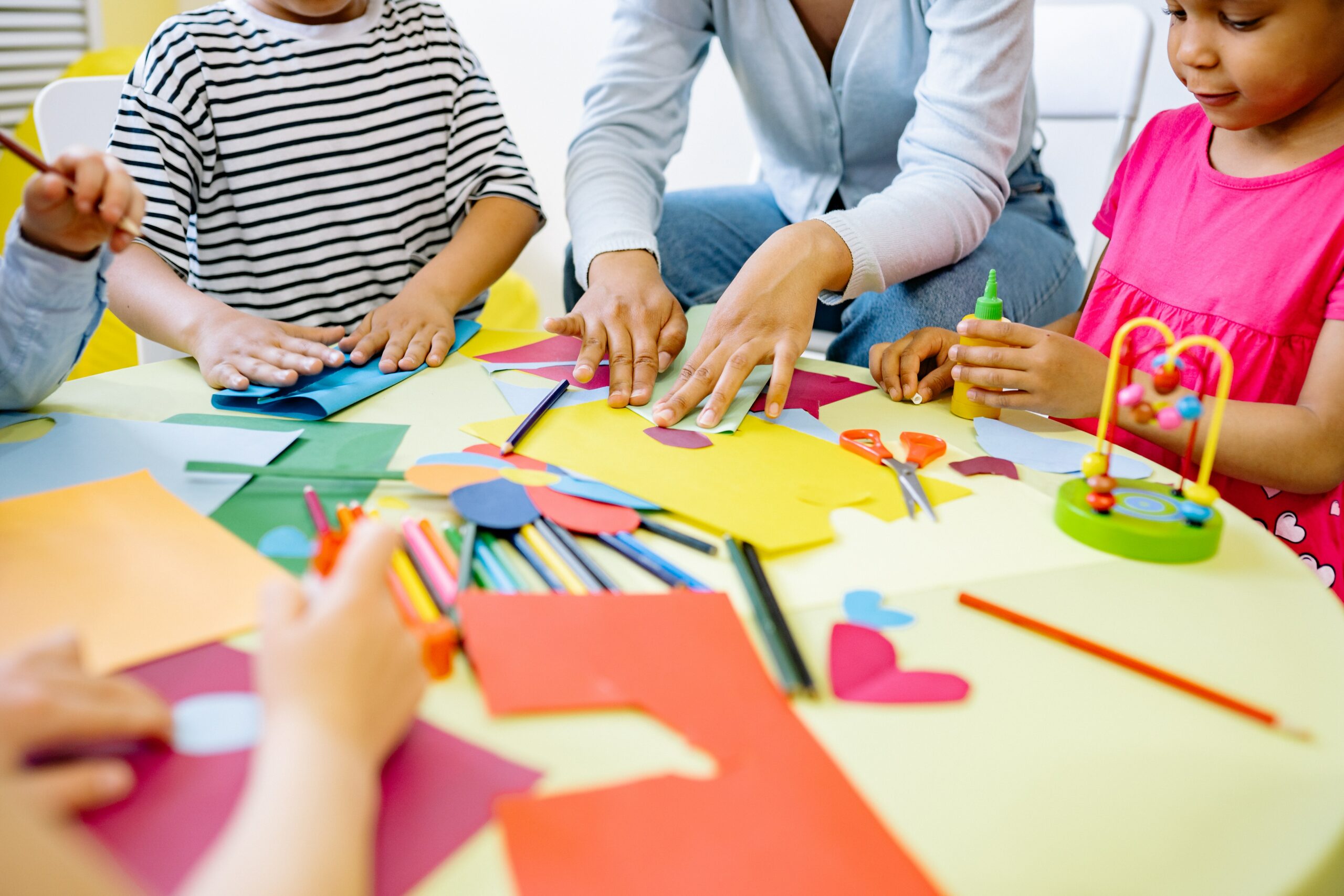
Hospital education, a useful tool
From the onset of the disease illness and the consequent admission to hospital, the child or young person may experience a stressful situation, aggravated by the parents’ anxiety and fear of the possible diagnosis and the consequent treatment. To deal with this concern, the multidisciplinary team in the hospital must work together to contribute to improve life quality of the persons or groups affected. Hospital education is a tool that favours treatments that help recovery, palliation or, failing that, comfort in times of health adversity or bereavement.
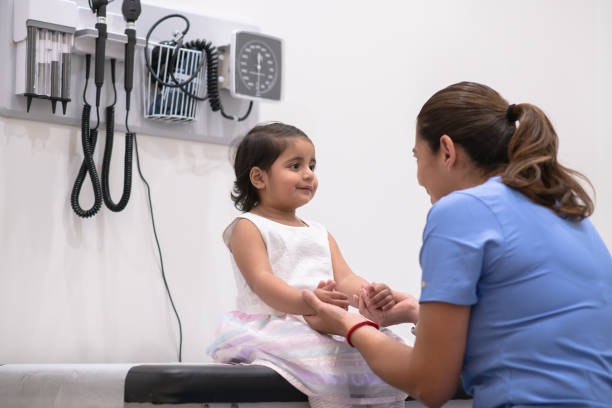
Hospital education is a tool that favours treatments that help recovery, palliation or, failing that, comfort in times of health adversity or bereavement
Today, the Aula Hospitalària Dr. Antoni Cambrodí at the Hospital Universitari Arnau de Vilanova de Lleida (HUAVLL) is 21 years old since its pioneering creation. The classroom, adressed to children who need to be admitted to hospital, is part of a joint initiative between the Department of Health and the Department of Education of the Generalitat de Catalunya. It is committed to integral health, a place where education acquires a normalising dimension.
The term “hospital classroom” refers to the place where the educational attention takes place; it is not a specific area, as it refers to the resources location within the hospital, i.e. the space where the activity takes place -either in the ward itself or in the rooms or isolation chambers-. It is aimed at all pupils of compulsory school age who are hospitalised. Given the characteristics of the HUAVLLL, this hospital classroom caters for Infant, Primary and Secondary students, and does not exclude post-compulsory education ones if they express an interest in participating.
Hospital classrooms, a space for inclusion
Our educational ethos is based on the teamwork among all agents involved in the process (health staff, students, family and reference centres or services). It is based on inclusion and the creation of a favourable climate that promotes equity. It seeks to provide answers to the diversity of needs presented by the pupils, as well as individual and group emotional support; to this end, individualised work is essential as an element of promotion in aid of a global growth.
Our educational ethos it is based on inclusion and the creation of a favourable climate that promotes equity
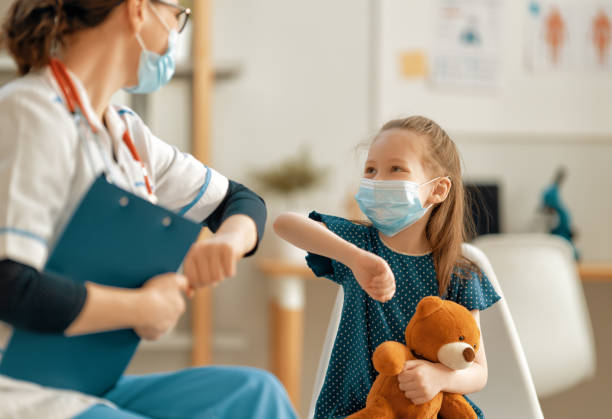
Hospital classrooms are an example of inclusion for all our pupils, which means that joint educational planning is necessary in accordance with the different instrumental and attitudinal levels and in line with the different health conditions.
Our daily work is to find pedagogical answers and didactical proposals that help to stimulate and encourage the participation of the whole student body. Our aim is to provide a favourable framework for equal opportunities and full participation. We start from teaching the different educational levels, where recreational, formative and personal guidance activities together with specific psycho-pedagogical intervention strategies, create a global framework for action, without forgetting that we also work together with the families.

Our aim is to provide a favourable framework for equal opportunities and full participation
Nowadays, the application of information and communication technologies helps us teachers to maintain high levels of interrelation with the centre of origin of the hospitalised pupils being a resource that provides us with a window onto the world of educational portals.
As a teacher, I believe that it is important to maintain an as normalised as possible routine during hospitalisation for the children i.e. without ceasing to be a child or young person, they can continue to be themselves while we all take care of their health. Every team member proposes projects that go beyond the physical cure of pathologies: we contribute with various strategies and techniques in a favourable and motivating environment in the hospital – a place where health treatment has to be combined with the educational itinerary -; a space where play, laughter, plastic arts, music, art… have to form part of the humanisation of any hospital centre as elements of quality of life.
It should not be overlooked that whenever health condition allows, the pupil should continue with the established curriculum at their corresponding level, making the appropriate modifications in each case. To this end, an awareness of responsibility is encouraged through the development of an adapted individual programme, taking as a reference the programme of the convalescent pupil’s year, which will be provided by his/her tutor in the case of long stays.
Palliating the school delay in the curricular areas caused by the absence of the reference centre during hospitalisation, implies promoting a situation of continuity in the educational process by developing flexible and individualised programmes and establishing the necessary measures so that each pupil is in contact with his/her classmates, tutor, centre and friends.
Thus, from the hospital classroom, the communication process between the centre of origin and the hospital environment is promoted through the use of technology, with the intention of facilitating the stay and the incorporation into the reference centre at the moment hospitalisation comes to an end. In this way we try to alleviate the break in normality that any admission entails.
From the hospital education, the communication process between the centre of origin and the hospital environment is promoted through the use of technology

In short, we are committed to comprehensive education, equity and responsibility, since a hospital must be a centre that generates quality of life, a space where pedagogy and health work together to provide answers to the different situations presented by the child or young person.
Toñy Castillo holds a doctorate in pedagogy and teaches at the Aula Hospitalaria Dr. Antoni Cambrodí, Hospital Universitari Arnau de Vilanova de Lleida.
You might also like

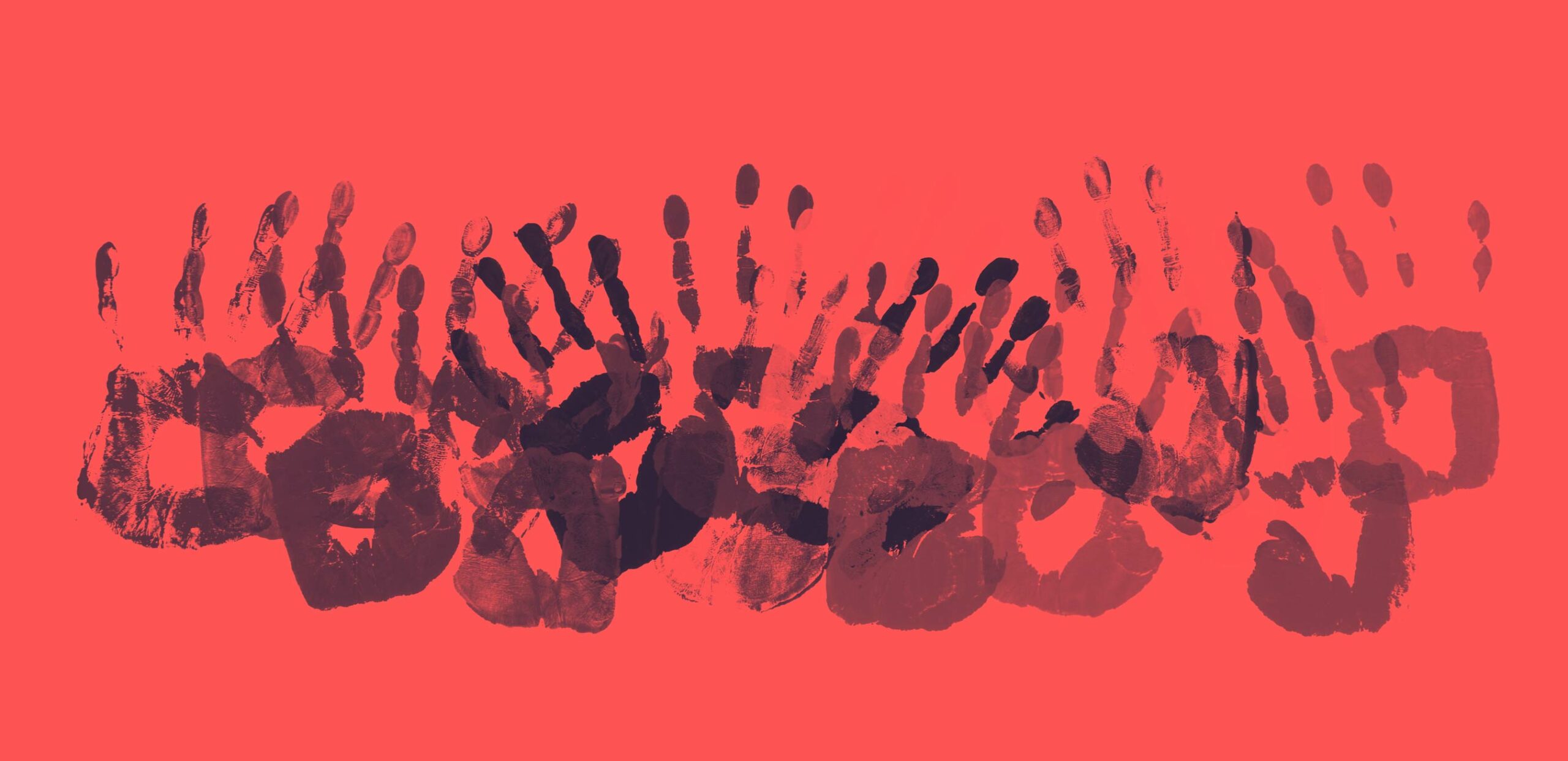



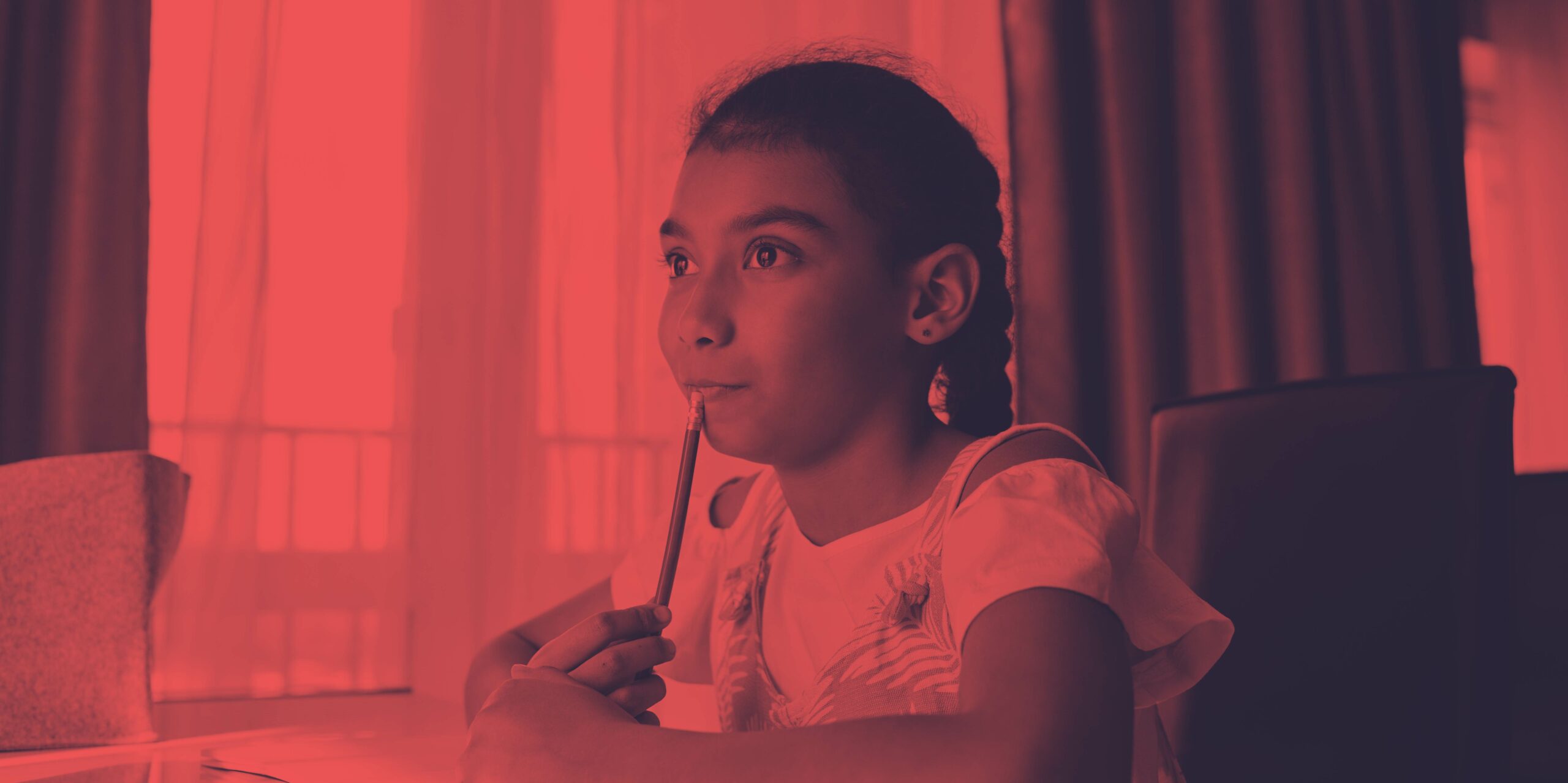
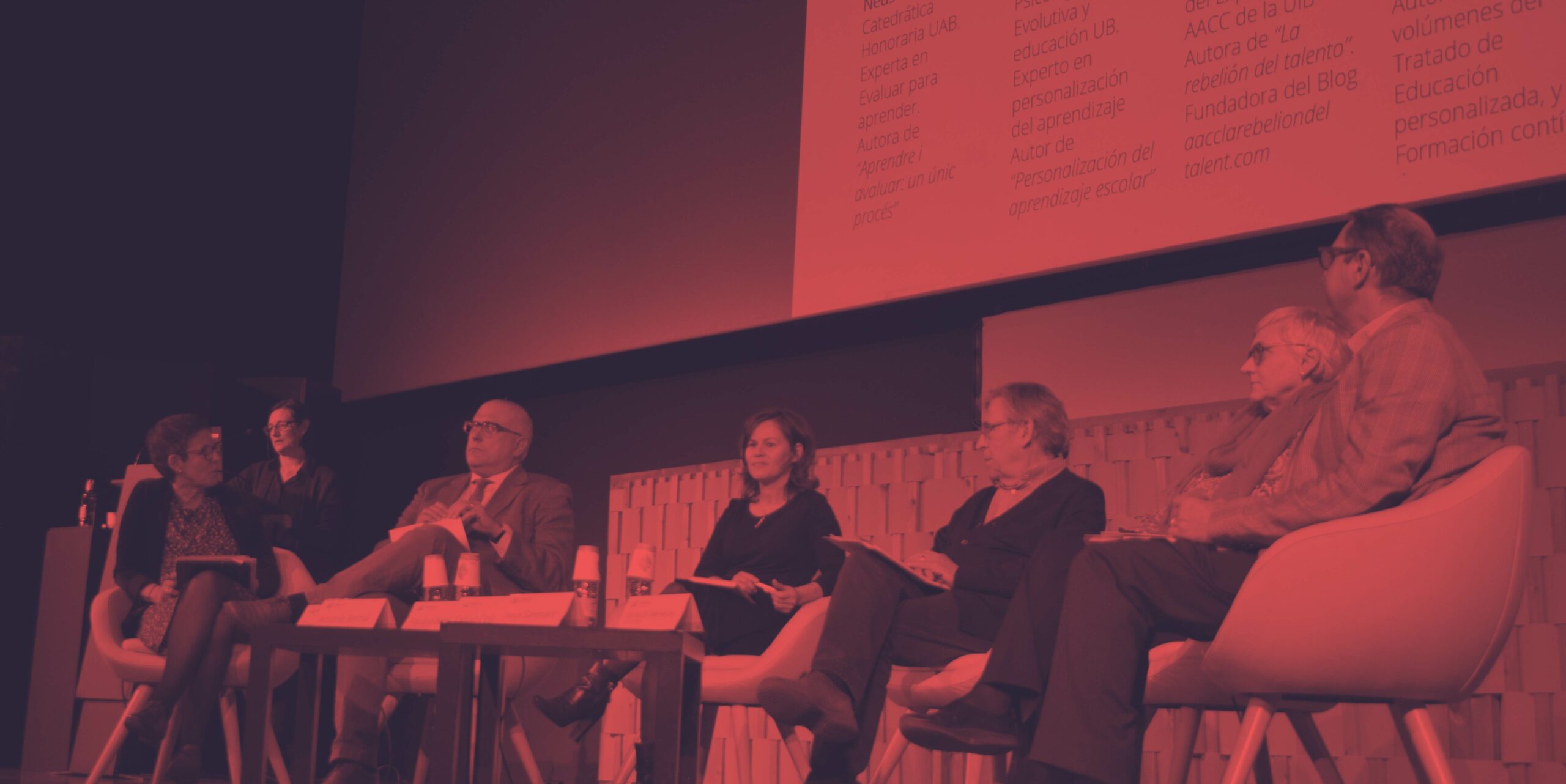
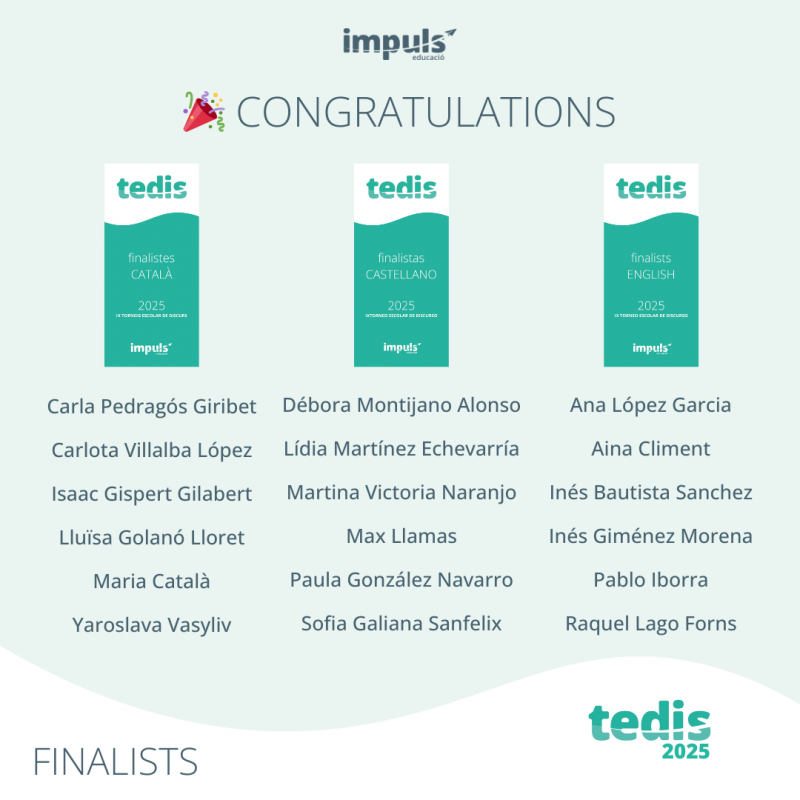
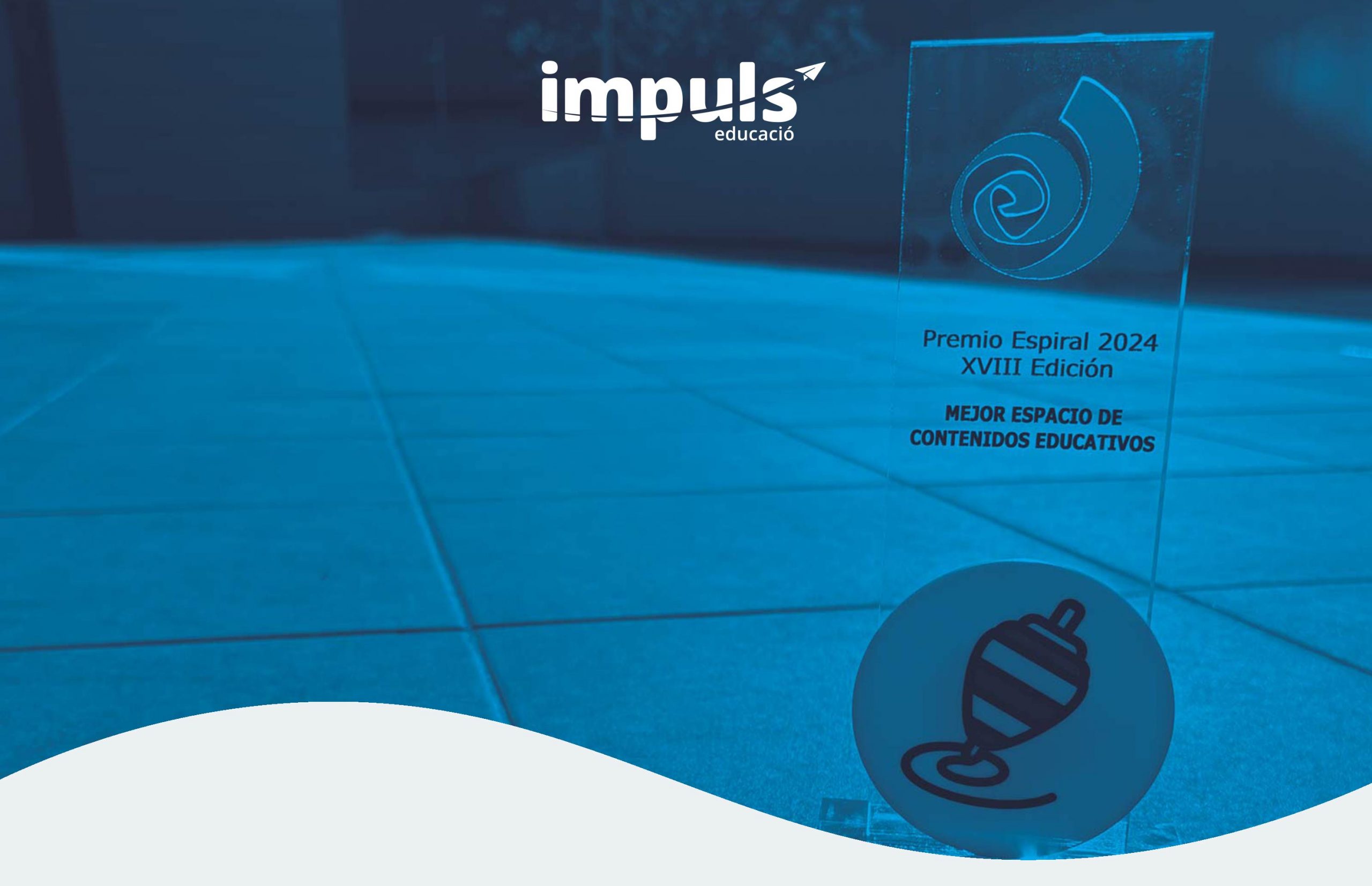
Leave A Comment